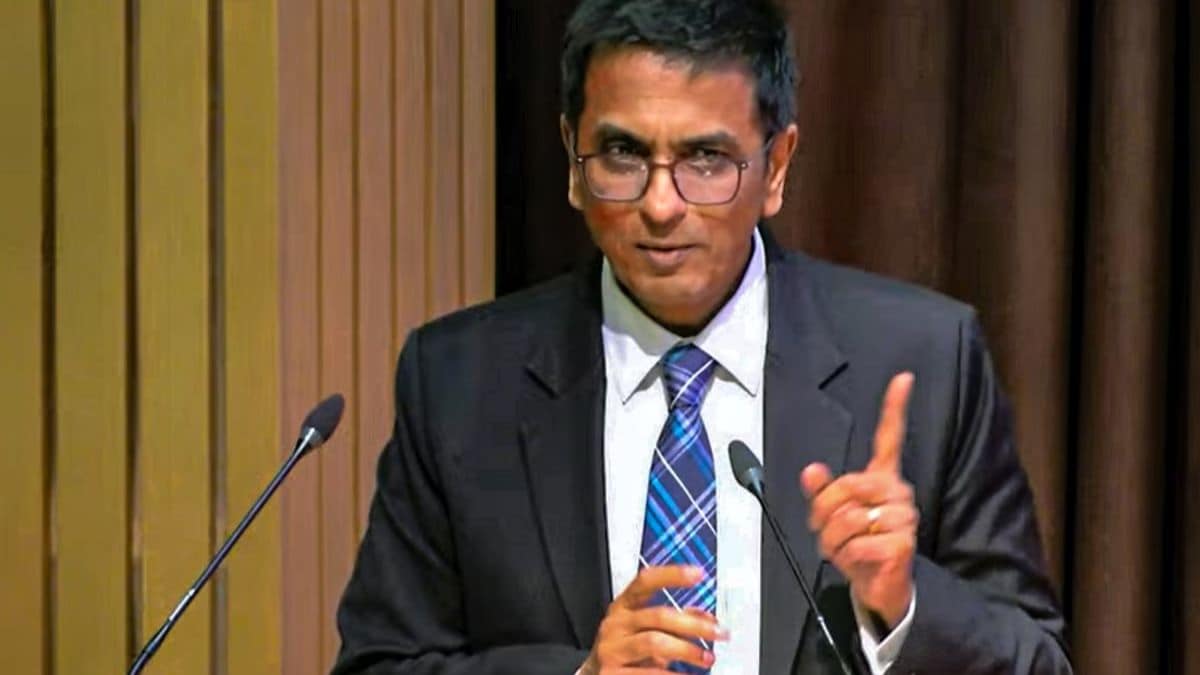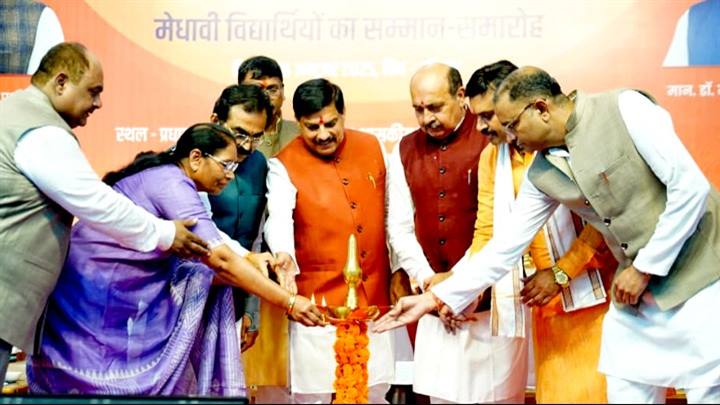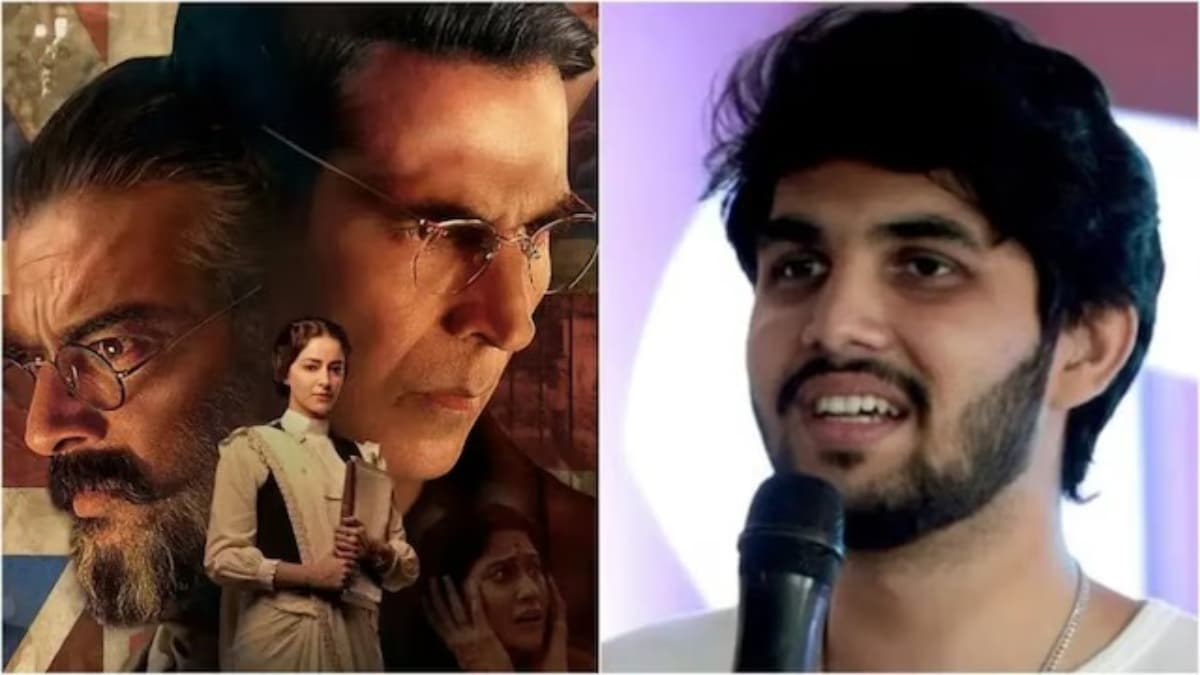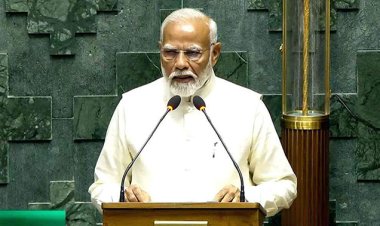A review of Justice Chandrachud's most notable rulings before his retirement after two years as CJI
A week before he retires, CJI Chandrachud gave his farewell speech wondering how history might judge him. Observers of the Supreme Court of India rate him highly for a number of significant judgments and openness to threadbare a legal issue in a complex socio-politico-economic set-up of India.

Justice Dhanajaya Yeshwant Chandrachud, the son of India’s longest-serving chief justice YV Chandrachud, assumed office as the 50th Chief Justice of India on November 8, 2022. Friday was his last working day at the Supreme Court of India. He retires on Sunday as the CJI.
Like Chandrachud Sr, the outgoing CJI, too, heard and delivered some of the historic judgments — from the right to privacy and the protection of children’s rights to the Ayodhya ruling, the decriminalisation of homosexuality and the striking down of the Electoral Bonds Scheme.
Let’s take a look at the seven top judgements that Justice Chandrachud delivered as the CJI during his two-year tenure.
Protection against climate change a fundamental right
The case was officially called the MK Ranjitsinh and others vs the Union of India. In this landmark judgement, Justice Chandrachud expanded the interpretation of two fundamental rights — the right to Life (guaranteed under Article 21 of the Constitution) and the Right to Equality (Article 14).
The court ruled that protection from environmental factors such as climate change is a fundamental right and it is the responsibility of the state to protect the environment. The citizens should also be compassionate with the living creatures.
Protection of children from sexual abuse
This judgement came in the Just Rights for Children Alliance Case. Justice Chandrachud, in a landmark judgement, overturned the Madras High Court ruling to clarify that the possession of child pornographic material with specific intent is a crime under the Protection of Children from Sexual Offences or Pocso Act.
Earlier, in an erroneous ruling, the Madras High Court had said that possessing child pornographic material was not an offence.
However, Justice Chandrachud’s bench overturned the ruling and directed India’s Women and Child Development Ministry to spread awareness about the legal and ethical implications of child pornography.
The judgement also proposed to avoid using the word “child pornography” and substitute it with “CSEAM — Child Sexual Exploitation and Abuse Material”. The top court also instructed the lower courts to use CSEAM in all court proceedings and judgements.
After this historic move, India joined the list of countries that had criminalised the explicit viewing of child pornography.
Electoral Bonds Scheme unconstitutional
It was one of the most politically sensitive cases that reached the courts in recent times — the Association for Democratic Reforms vs Union of India case. The Association for Democratic Reforms (ADR) challenged the government’s scheme for political funding through the sale of electoral bonds in the Supreme Court.
CJI Chandrachud-led the five-judge Constitution Bench heard the case and found that the scheme lacked constitutional backing. The bench struck it down, ending the ambitious programme of the government, which had billed the scheme as one to clean up the political funding processes in India.
The highest court ordered that banks no longer sell election bonds, effective immediately. The court's unanimous decision in February of this year put a halt to the plan that was proposed in 2017 during the presentation of the Union Budget.
The plan was determined to be in violation of the Right to Information, which Article 19 (1)(a) declares to be a fundamental right. In order to maintain openness and free exchange of information, the top court mandated that the State Bank of India (SBI), which sold the bonds, provide the Election Commission of India (ECI) with information about the electoral bonds bought starting on April 12, 2019, and post it on its official website.






















